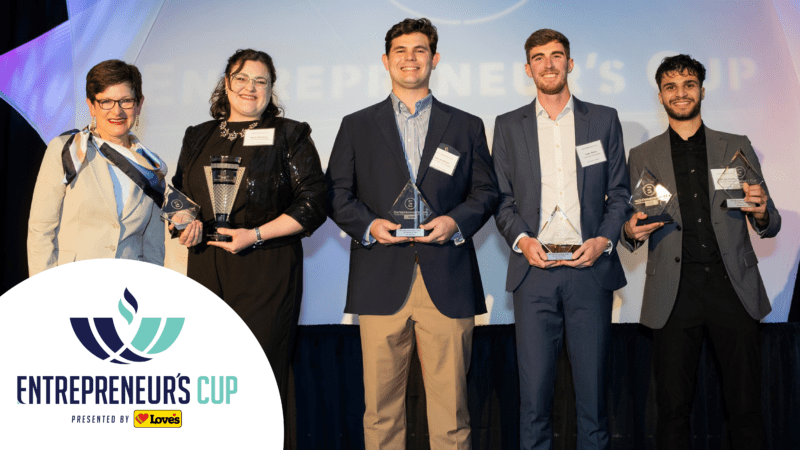By Jim Stafford
Copyright © 2014, The Oklahoma Publishing Company
When Madeleine Cunningham was a child growing up in Mississippi, her father drove her through the Southern forests and explained his work as a botanist and forestry expert.
“He used to show me all of his experiments with trees,” Cunningham said. “He would talk about their genetics. He just had a great interest in science.”
That love of science was transferred from father to daughter.

Cunningham earned an undergraduate degree at Mississippi State College for Women and a Ph.D. in both microbiology and immunology from the University of Tennessee Center for Health Sciences.
Today, she is a George Lynn Cross Research Professor and Presbyterian Health Foundation Presidential Professor in the Department of Microbiology and Immunology at the University of Oklahoma College of Medicine, where she has taught and conducted research into infection and autoimmune diseases for 33 years.
“My training was in Group A streptococcal disease, but I also love immunology, which is our body’s response to infections,” she said.
After researching rheumatic fever, myocarditis and other heart-related diseases for 15 years, Cunningham received a call from the National Institutes of Mental Health. They wanted her to investigate a puzzling condition affecting children known as pediatric autoimmune neuropsychiatric disorder associated with strep, commonly known as PANDAS.
Cunningham became a collaborator of Dr. Susan Swedo, Chief of the Pediatrics and Developmental Neuroscience Branch at the National Institutes of Mental Health. They made some important discoveries that explained perplexing conditions among children who displayed obsessive compulsive symptoms, tics and behaviors that were out of control for no apparent reason.
Turns out, many young people are susceptible to infections that cause changes in their brains and alter their behaviors. Some children who are originally diagnosed with autism may actually have PANDAS and may be cured.
Cunningham eventually developed five tests that can confirm whether children are suffering from PANDAS and similar autoimmune disorders.
“Once we began to publish our results, parents wanted us to open a study where we could take their children and that would help us see what was going on,” Cunningham said. “So, that’s what we did. We studied approximately 1,000 patients over a year and a half.”
The tests were so effective that Cunningham collaborated with veteran entrepreneur Craig Shimasaki to found a company known as Moleculera Labs.
Since it was founded in 2011, Moleculera Labs has established certified testing laboratories and began offering the tests commercially. It already has tested 1,500 samples using technology licensed from OU.
“Parents are so grateful,” Cunningham said. “They feel it has saved their children’s lives. They are very tearful and emotional about it.”
Moleculera Labs also has received more than $2 million in investment capital from i2E, Inc., and other regional and local angel investors.
Cunningham shares her love of science with children outside of her laboratory. Earlier this year, she made a presentation to a group of first graders using pond water and a microscope in a fascinating program on germs.
“The children were so excited, and the teacher said it was one of the best presentations they had all year,” she said. “They stood in line to look through the microscope until their mothers came to pick them up.”
As she told me that story, Cunningham was reminded of a science project from her childhood.
“I had this fantastic bug collection, and of course got an A-plus on it,” she said. “My father loved it, because science was a big part of his life.”
A love of science transferred long ago from father to daughter.
Jim Stafford is a communications specialist with i2E Inc. in Oklahoma City.
Click here to read the article at newsok.com.








